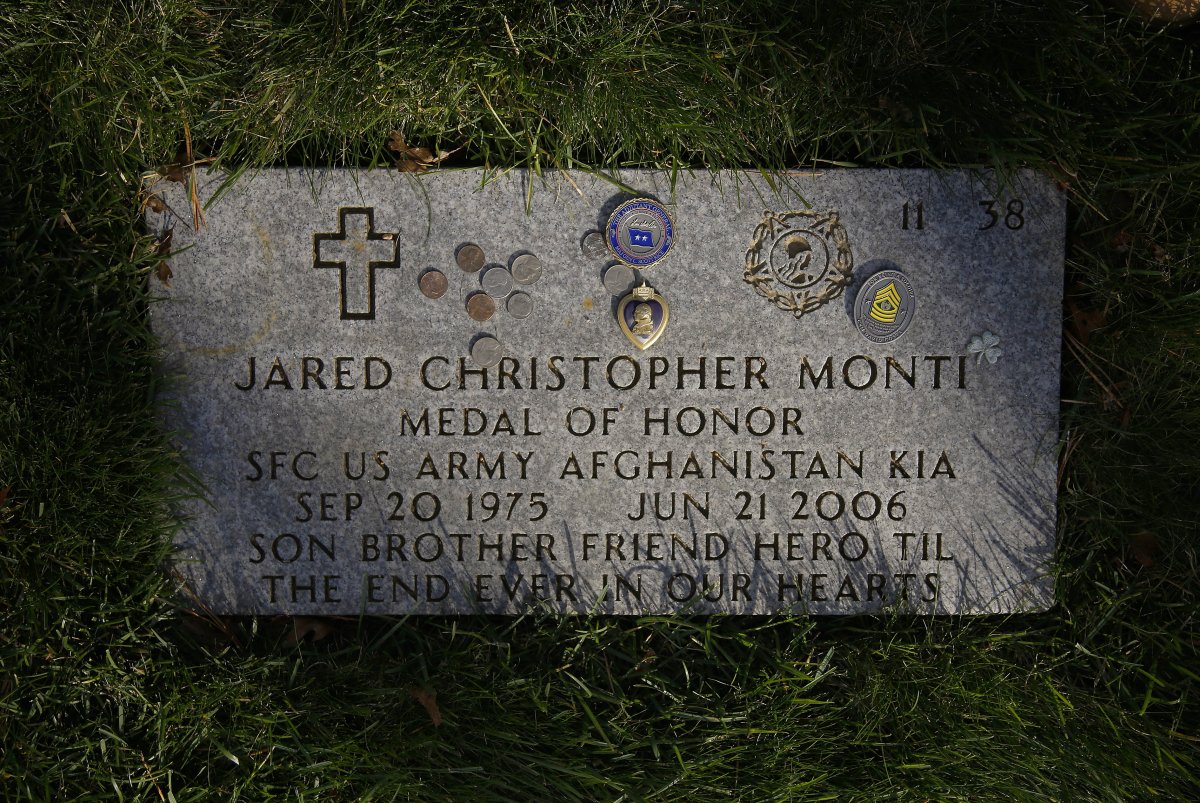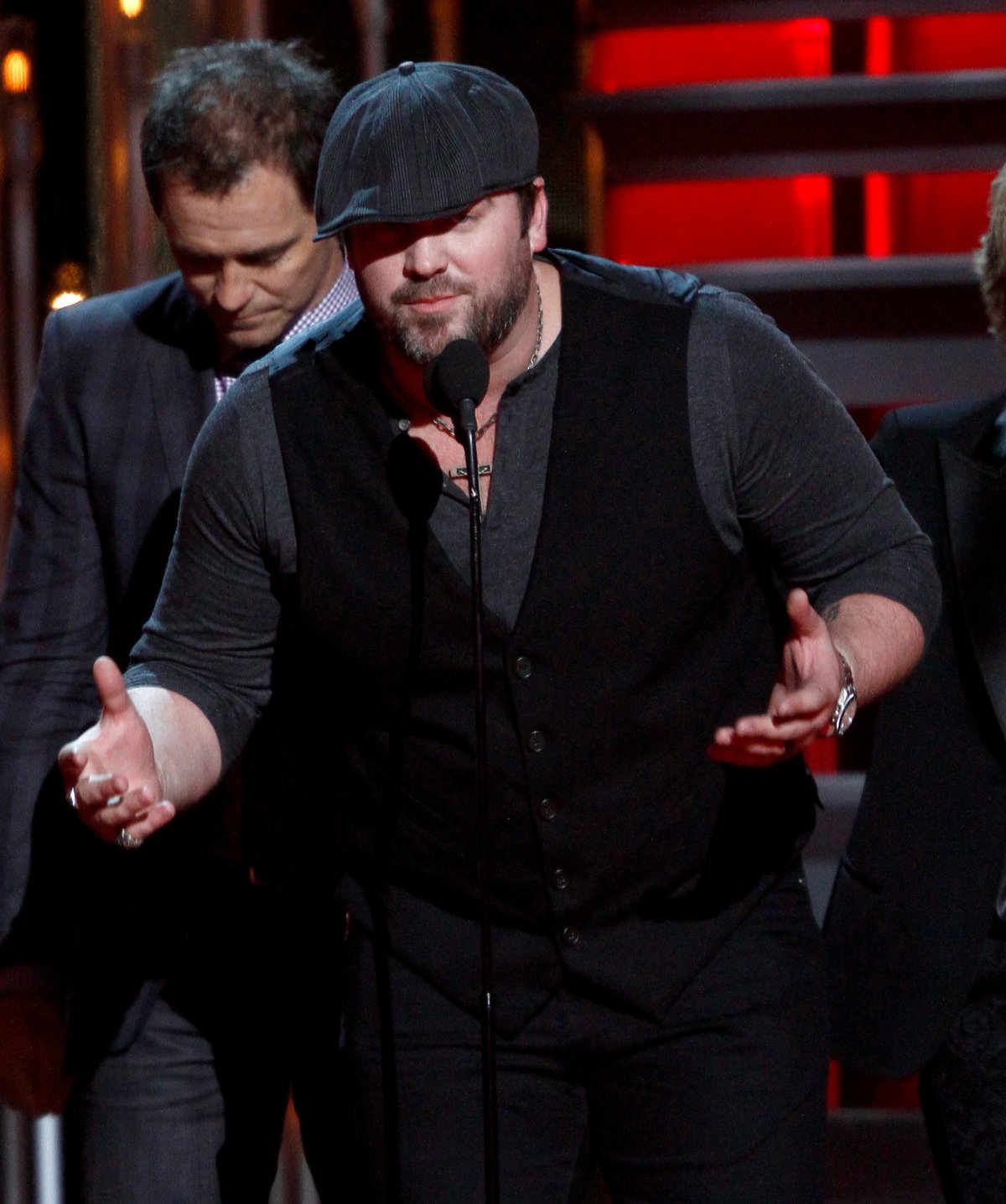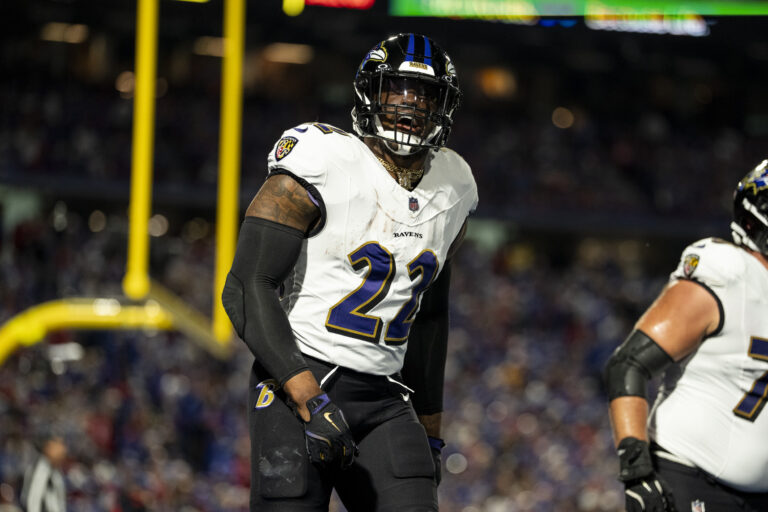
It’s a day Paul Monti will never forgot. The day he got the news military parents dread: His 30-year-old son, Jared, was killed in the line of duty in Afghanistan in 2006. Paul instantly joined the ranks of a club no one chooses to be a part: He was a Gold Star parent.
Paul didn’t know what to do or say when he got the news, or how to process his grief. A few months later, on his first Veterans Day visit to his son’s gravesite at the Massachusetts National Cemetery, he noticed something strange: There wasn’t a flag on display near any of the 78,000 graves in the cemetery. Not one.
The flags weren’t there because the cemetery ground crews complained the flags made it too hard to cut the cemetery’s grass. Paul, upon hearing that news, did what any Gold Star parent would do: He fought the Department of Veterans Affairs until the rule was changed.
But this Gold Star dad’s mission had just begun. He launched Operation Flags for Vets, an organization dedicated to placing flags on every grave at the Massachusetts National Cemetery on Memorial Day and Veterans Day. During the organization’s first ceremony on Memorial Day of 2011, an army of volunteers adorned 62,000 graves with flags.

AP Photo/Michael Dwyer
Paul was interviewed later that day on the national radio show Here and Now, fighting back tears as he told stories about his deceased son, including one about a new kitchen set Jared and his Fort Bragg Army pals purchased for their home, only to give it away.
“One day his buddies came home and the kitchen set was missing,” Paul recalled. “They asked him where it was, and Jared said, ‘Well, I was over at one of my soldier’s houses and his kids were eatin’ on the floor, so I figured they needed the kitchen set more than we did.’ And so the $700 kitchen set disappeared. That’s what he did.”
His son was a man who didn’t crave attention. “All of his medals went in a sock drawer,” Paul said. “No one ever saw them; he didn’t want to stand out.” In 2009, his son Jared posthumously received the highest commendation any American soldier can be awarded: the Congressional Medal of Honor.
But the most powerful part of Paul’s story revolved around his son’s truck. Why he didn’t sell it. And why he still drove it. “What can I tell you? It’s him,” he explained. “It’s got his DNA all over it. I love driving it because it reminds me of him, though I don’t need the truck to remind me of him. I think about him every hour of every day.”
Paul shared details of his son’s Dodge 4×4 Ram 1500 truck adorned with decals, including the 10th Mountain Division, an American flag and a “Go Army” decal.
Then came the most emotional part of the interview.
“When you lose your child you’ve lost your future,” he lamented. “And I think that’s why so many Gold Star parents drive their children’s trucks. Because they have to hold on.”
I’ll never forget that interview because I was listening to it on a sunny Memorial Day back in 2011 in a Walmart parking lot in my hometown, unable to get out of my SUV because I was crying. Crying like I used to cry when I was a child. Crying as if I’d just lost my child.
I wasn’t the only one sitting alone in my car crying that Memorial Day. Nashville songwriter Connie Harrington was in her car listening to the story, too. Moved to tears, she did what writers do: She pulled over and scribbled down details of the story so she wouldn’t forget them.
When she got home, one part of Paul’s story kept tugging at her: the story of that truck. With the help of two songwriter friends (Jimmy Yeary and Jessi Alexander), Harrington turned Monti’s story—and all of that emotion—into a song. Not long after, country singer Lee Brice recorded it, and I Drive Your Truck made its way quickly to No. 1 on Billboard’s country chart. The official video has since been viewed 55 million times.
But the story didn’t end there. Not long after the song became a hit, Paul was contacted by a woman he knew who’d lost her son in the same battle that took his son’s life.
“She sent me a message that she’d heard the song and that I had to listen to it,” Paul said. “She knew I drove Jared’s truck, and she drove her son’s truck, too.”
He was unable to make it through the song.
“I’d get into it a few bars or so and kind of welled up,” he explained.
What Paul didn’t know was that it was his story that inspired the song. The writers eventually tracked him down to celebrate the song’s success: It won the Country Music Association’s Song of the Year in 2013.
The song did what country music does best: tell sad, beautiful stories. Here’s the opening verse and chorus:
Eighty-nine cents in the ashtray Half-empty bottle of Gatorade Rollin’ on the floorboard.
That dirty Braves cap on the dash Dog tags hangin’ from the rearview Old Skoal can and cowboy boots And a “Go Army” shirt folded in the back.
This thing burns gas like crazy But that’s all right People got their ways of copin’ Oh and I’ve got mine.
I drive your truck I roll every window down And I burn up Every back road in this town.
I find a field, I tear it up Till all the pain is a cloud of dust Yes, sometimes I drive your truck.

AP Photo/Stephan Savoia
What we don’t learn from the song were the circumstances of Jared’s death. In June 21, 2006, Sergeant First Class Monti was leading a 16-man patrol in the Nuristan Province, part of the 10th Mountain Division, when his patrol was ambushed by enemy fighters. One soldier who served under him was wounded badly. Despite a wicked firefight, Jared tried three times to help his fallen comrade. The third attempt got him killed.
No one who knew Jared was surprised.
“It’s what he did,” Paul said of his son. “Jared didn’t give up on people, and always, he tried to do the right thing.”
What led Jared to become the man he was? One need not look far to figure it out. His father had the same passion for serving others, for doing the right thing—and doing hard things.
In 2022, Paul died at the age of 76 from cancer. He taught earth sciences at a local high school for 35 years and rarely talked about himself: He was too busy taking care of people around him.
Paul’s daughter Niccole told reporters her dad, one of nine kids growing up, worked hard throughout his life. He delivered newspapers and worked all kinds of odd jobs growing up, and worked two and three jobs to support his family. He didn’t complain about it. Or take credit for it. It was who he was.
“Paul relentlessly pursued a life of helping others, always leading by example,” his colleagues wrote on the Massachusetts Fallen Heroes Facebook page. “He left us to join his son Jared in heaven.”
It’s a sublime final image of two lives beautifully lived, and God’s just reward for doing so. It’s why the story of Paul and Jared Monti is one for the ages, memorialized by a song for the ages.
A song everyone should listen to this, and every, Memorial Day.

Photo by Wade Payne/Invision/AP




